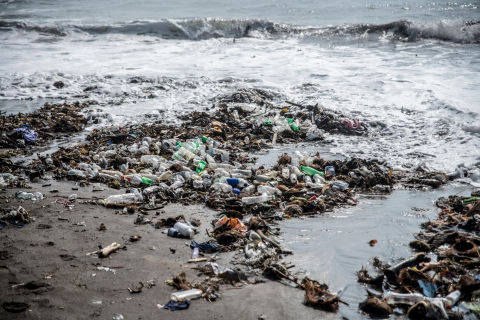Is the Maldives doing enough to fight plastic pollution?
Environmentalists question the consistency of policies to discourage plastic consumption.

02 Jul 2018, 09:00
As the world pledges swift measures to ban single-use plastics and tackle plastic pollution, the Maldives is trying to do its part.
Many local NGOs, businesses, schools and some government bodies have taken up the cause with promising initiatives.
Secret Paradise Maldives declared a “war on straws“. The tour operator is asking its partner guesthouses to make a pledge to stop the use of plastic straws.
Seven out of 18 guesthouses have made the pledge as of June, Ruth Franklin, the company’s sales director, told the Maldives Independent.
Become a member
Get full access to our archive and personalise your experience.
Already a member?
Discussion
No comments yet. Be the first to share your thoughts!
No comments yet. Be the first to join the conversation!
Join the Conversation
Sign in to share your thoughts under an alias and take part in the discussion. Independent journalism thrives on open, respectful debate — your voice matters.




